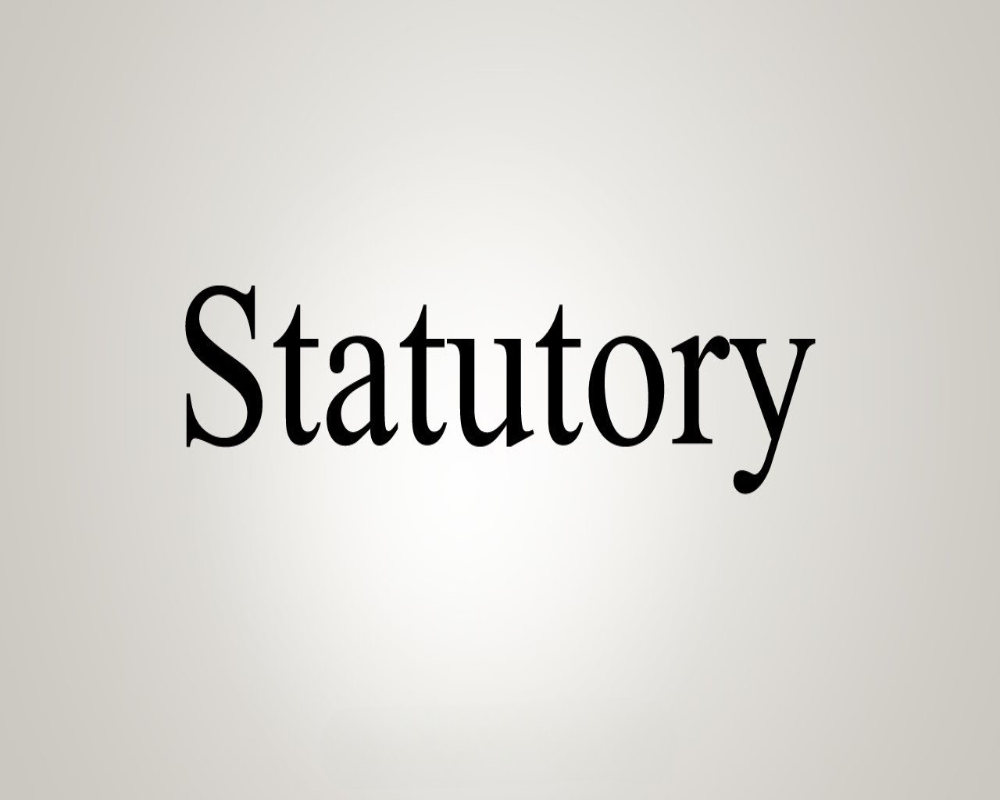Introduction
Statutory approvals in industrial projects refer to the mandatory legal permissions and clearances required from various government authorities to initiate, construct, and operate an industrial facility. These approvals are grounded in national, state, and local laws and serve to ensure that industrial activities comply with environmental regulations, safety norms, urban planning policies, labor laws, and public welfare considerations. For any industrial project—whether it involves manufacturing, processing, storage, or infrastructure—obtaining statutory approvals is a foundational step before any physical work or commercial activity can begin.
Understanding the Nature of Statutory Approvals
Statutory approvals are not optional; they are legally binding obligations that an industrial developer must fulfill. These approvals are issued by designated regulatory bodies empowered under specific legislation. Each approval targets a specific aspect of the project such as land use, environmental protection, building safety, workforce welfare, utility connections, and operational licensing. The approval process typically includes submission of technical documents, inspection of project sites, impact assessments, and verification of compliance with laws and regulations.
Because industrial projects are multifaceted and often large in scale, securing these approvals requires coordination across multiple government departments, such as the town planning authority, pollution control board, fire safety department, factory inspectorate, and labor commissioner’s office.
Key Areas Covered by Statutory Approvals
One of the primary categories of statutory approval involves land and zoning clearances, which ensure that the project is located in an area zoned for industrial use and aligns with the master plan of the local development authority. If the site is not pre-zoned for industry, a land use conversion approval is required.
Environmental clearances are another essential category. Projects with potential environmental impacts—such as emissions, waste discharge, water usage, or deforestation—must secure approval from environmental regulatory bodies. This may involve conducting an Environmental Impact Assessment (EIA), followed by review and clearance from the pollution control board and/or the environment ministry.
Construction-related permits fall under statutory requirements as well. These include building plan approvals, structural safety certifications, and fire safety clearances, all of which ensure the physical infrastructure of the facility adheres to national and local building codes.
In addition, factory registration and operational licenses must be obtained under the applicable Factories Act or Industrial Safety Acts. These approvals are granted after verifying worker safety measures, machine guarding, emergency exits, sanitation, and health provisions. Similarly, labor law compliances such as registration under provident fund, employee state insurance, and labor welfare boards are statutory obligations.
Utility-related approvals for electricity, water supply, sewage connections, and telecommunications are also governed by statutory frameworks. These ensure that the industrial facility can operate efficiently while integrating with public infrastructure systems.
Legal Importance and Risk Mitigation
The primary function of statutory approvals is to ensure that industrial projects are legally compliant and do not pose risks to public safety, environmental sustainability, or social order. Failure to secure the required approvals can result in penalties, cancellation of licenses, forced closure, and even criminal liability for project promoters.
Moreover, statutory approvals are essential for raising capital. Financial institutions and investors typically require proof of compliance before releasing funds. They serve as a risk management mechanism that protects both the public interest and the project’s financial integrity.
Conclusion
Statutory approvals are a fundamental part of the industrial project lifecycle. They act as regulatory checkpoints that validate a project’s legality, environmental sustainability, safety, and social responsibility. By ensuring compliance with diverse legal frameworks, these approvals allow industrial enterprises to operate within an organized, predictable, and lawful environment. For project developers, securing statutory approvals in a timely and systematic manner is critical—not only for legal operation but also for gaining public trust, investor confidence, and long-term operational success. In the increasingly regulated landscape of modern industrial development, statutory approvals form the foundation of responsible and sustainable industrial growth.
Hashtags
#StatutoryApprovals #IndustrialProjects #RegulatoryCompliance #ProjectManagement #ConstructionLaw #PermittingProcess #EnvironmentalRegulations #BuildingPermits #LegalRequirements #ProjectDevelopment #IndustryStandards #ComplianceMatters #GovernmentApproval #InfrastructureDevelopment #ProjectPlanning #SafetyRegulations #ZoningLaws #ConstructionIndustry #RiskManagement #SustainableDevelopment


